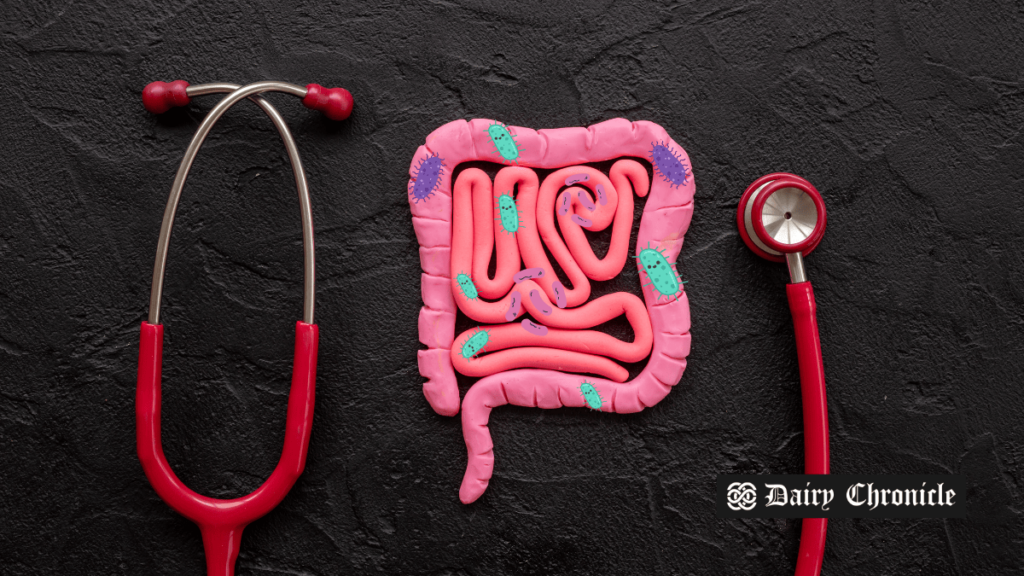A recent study in the United States explored how dairy consumption affects gut bacteria, revealing that milk supports beneficial bacteria while cheese alters microbiome diversity. Researchers analyzed colonic mucosa-associated microbiota to understand dairy’s impact on public health.
In a study published in Nutrients, researchers in the United States examined the effects of dairy consumption on gut microbiota, specifically colonic mucosa-associated bacteria. The study, conducted at the Michael E. DeBakey Veterans Affairs Medical Center in Houston, Texas, assessed how different dairy products impact microbial diversity, with implications for individual and public health.
Background
The human gut contains trillions of bacteria that play a crucial role in digestion, immunity, and overall health. While dairy provides essential nutrients such as calcium and probiotics, its impact on gut bacteria remains debated. Some studies suggest dairy fosters beneficial bacteria, while others indicate potential risks such as inflammation. Given dairy’s widespread consumption, understanding its microbiome effects is vital for shaping dietary guidelines.
About the Study
The study involved 34 participants who had undergone colonoscopies at the Houston-based medical center. Researchers analyzed self-reported dairy intake over a year, focusing on milk, cheese, and yogurt consumption. Using advanced gene sequencing methods, they examined bacterial composition in colonic mucosal biopsies to assess changes in microbiota diversity.
Key findings included:
- Milk consumption was linked to a higher abundance of Akkermansia, a bacterium known for gut barrier protection and metabolic benefits.
- Total dairy intake was associated with an increase in Bifidobacterium, a probiotic linked to digestive health and immunity.
- Cheese consumption correlated with lower microbial diversity and reduced levels of Subdoligranulum, a bacterium involved in metabolic regulation.
The results indicated that lactose, found in milk, might act as a prebiotic, promoting beneficial bacterial growth. However, cheese’s fermentation process appeared to influence microbiota differently, potentially reducing microbial diversity.
Study Results
The study found that:
- Higher milk intake increased beneficial bacteria, including Faecalibacterium, which has anti-inflammatory properties.
- Cheese consumption was associated with lower levels of Bacteroides, a genus linked to colorectal cancer and metabolic conditions.
- Yogurt intake did not significantly affect microbiota composition, possibly due to low yogurt consumption among participants.
These findings suggest that while milk may enhance gut health, cheese consumption might alter microbial diversity in a different manner. The study underscores the need for further research on the long-term effects of dairy on gut health.
Conclusions
Dairy intake plays a significant role in shaping gut microbiota, with milk promoting beneficial bacteria and cheese affecting microbial diversity. These insights could inform dietary guidelines and probiotic interventions to optimize gut health. However, the study’s small sample size and reliance on self-reported data highlight the need for broader research.
Future studies using advanced microbiome analysis techniques could provide deeper insights into how specific dairy components influence gut health over time.
